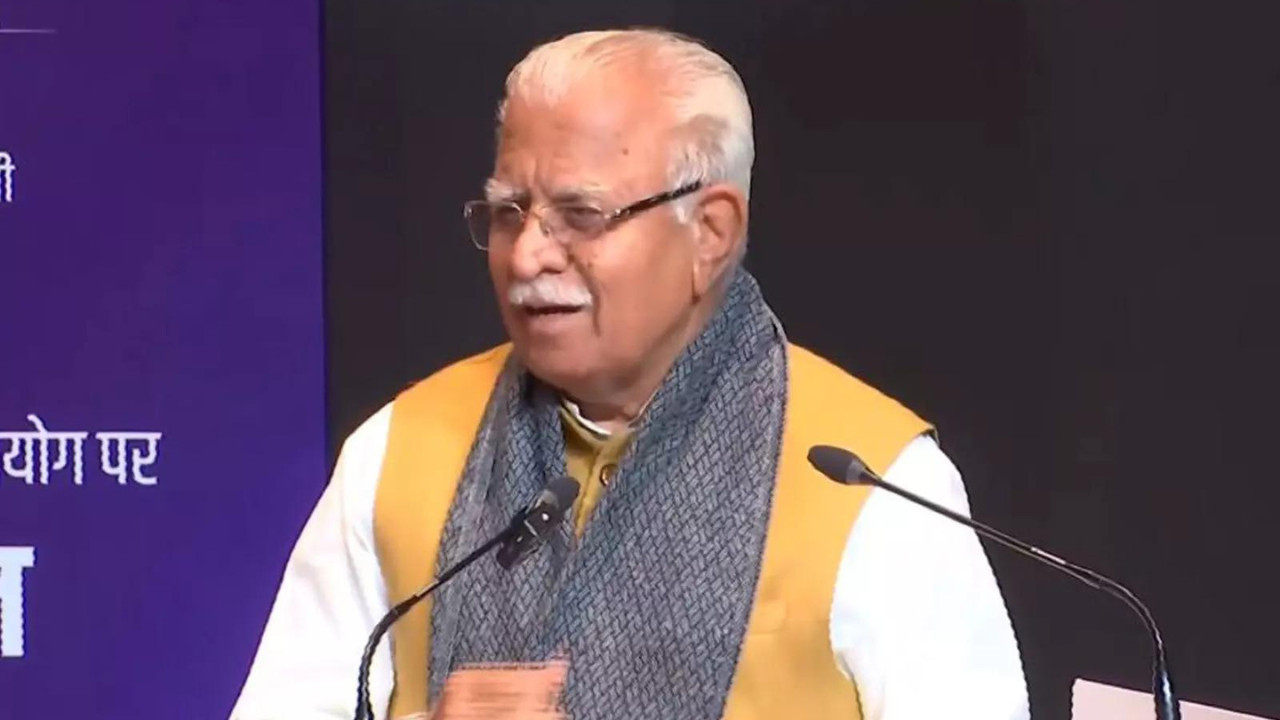Infosys’ largest-ever share buyback, valued at Rs 18,000 crore, commenced today and will conclude on November 26. Shareholders approved the repurchase of up to 10 crore shares at ₹1,800 each, with a reserved quota for small shareholders. Promoters will not participate in this buyback.
Infosys Signals Confidence: A Deep Dive Into the ₹18,000 Crore Buyback
Infosys, a bellwether of the Indian IT landscape, has just launched its largest-ever share buyback program, a whopping ₹18,000 crore initiative that’s sending ripples through the market. But what exactly does this mean, and why should you care? Let’s unpack this significant financial move and explore its implications for investors and the company itself.
A share buyback, in its simplest form, is when a company uses its cash reserves to purchase its own outstanding shares from the market. Think of it as a company investing in itself. This reduces the number of shares circulating, potentially boosting the earnings per share (EPS) and increasing the overall value for remaining shareholders. Essentially, a smaller slice of the profit pie has to be shared across fewer people, making each slice potentially bigger.

Why Now? Unpacking the Infosys Decision
The timing of this Infosys share buyback raises some interesting questions. Companies typically undertake buybacks when they believe their stock is undervalued by the market. It’s a sign that the company sees future growth potential and considers its current share price to be lower than its intrinsic worth. It also demonstrates confidence in its financial stability and future prospects. With global economic uncertainties swirling, Infosys’s bullish move sends a strong signal about its resilience and future growth strategy.
Beyond signaling confidence, buybacks also serve a few other crucial purposes. They can be an efficient way to return surplus cash to shareholders, especially when dividend payouts are not the preferred option. Buybacks can also improve financial ratios, like EPS, making the company more attractive to investors. Furthermore, they can offset the dilution caused by employee stock options (ESOPs).
The Mechanics of the Buyback Offer
So, how will this ₹18,000 crore buyback actually work? Infosys is undertaking this buyback through the “tender offer” route. In essence, the company is making an offer to its shareholders to buy back their shares at a pre-determined price. The offer price for this particular buyback is set at ₹4,300 per share, a premium over the prevailing market price at the time of the announcement.
Shareholders who choose to participate can tender their shares to the company. If the total number of shares offered exceeds the number Infosys intends to buy back, the company will accept shares on a proportionate basis. This means that not all shareholders who offer their shares are guaranteed to have them bought back. The acceptance ratio will depend on the overall response to the offer. You can find more information about how share buybacks affect your taxes on our finance page.
The Potential Impact on Investors
For Infosys shareholders, the buyback presents a potential opportunity to realize a profit by selling their shares back to the company at the offer price. However, shareholders need to weigh the potential gains against the potential for future appreciation of the stock. If they believe Infosys will continue to grow and the share price will rise even further, they might choose to hold onto their shares.
Even for those who choose not to participate, the buyback could have a positive impact. By reducing the number of outstanding shares, the buyback can potentially increase EPS, making the stock more attractive to investors and driving up the share price.
Looking Ahead: The Bigger Picture
This significant Infosys share buyback isn’t just an isolated event. It’s a reflection of the company’s strong financial position and its confidence in its future. It also highlights the increasing trend of Indian IT companies using buybacks as a means of rewarding shareholders and managing their capital efficiently. As the IT sector continues to evolve and face new challenges, such strategic financial moves will likely become increasingly common.
By choosing to invest in itself, Infosys is signaling its commitment to long-term value creation. Whether this strategy proves successful remains to be seen, but the initial market reaction suggests that investors are viewing this move as a positive sign. Ultimately, the true impact of the buyback will unfold over time, as Infosys navigates the ever-changing global technology landscape.







